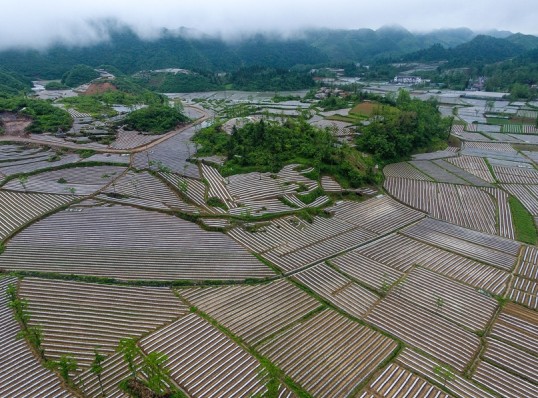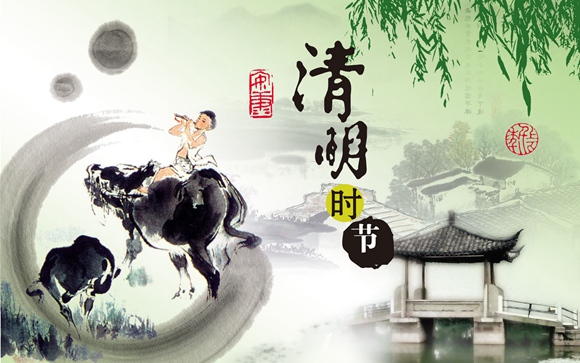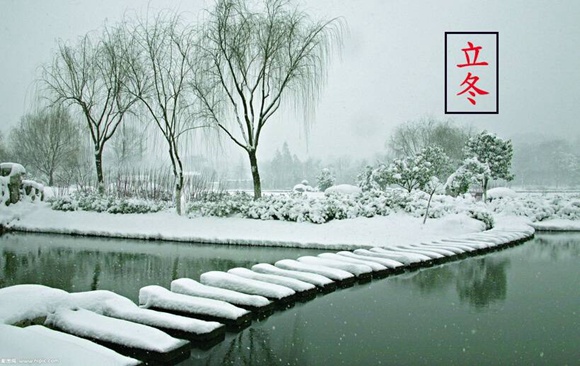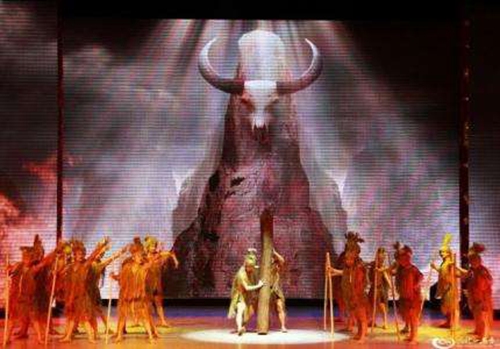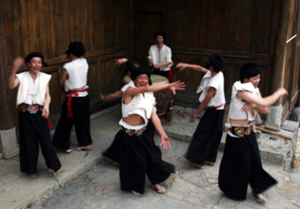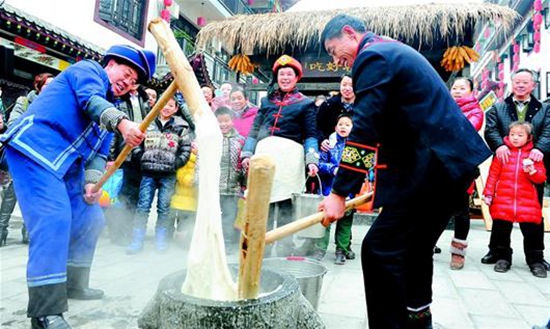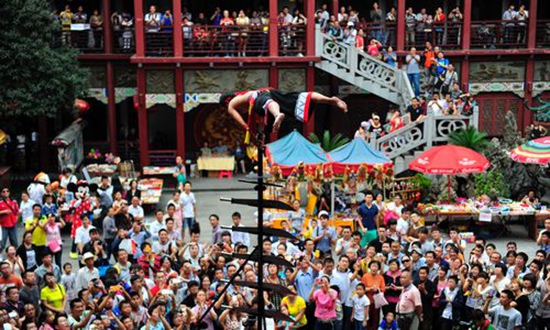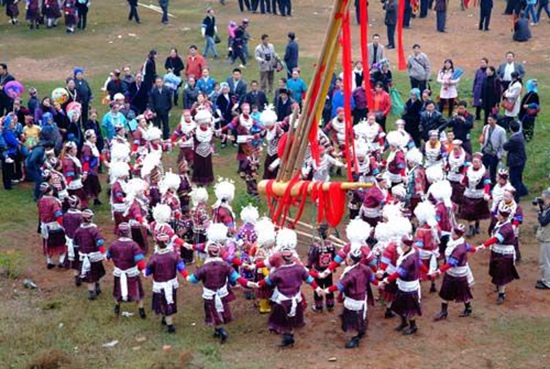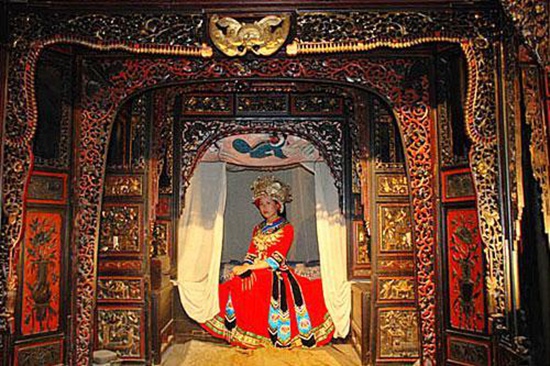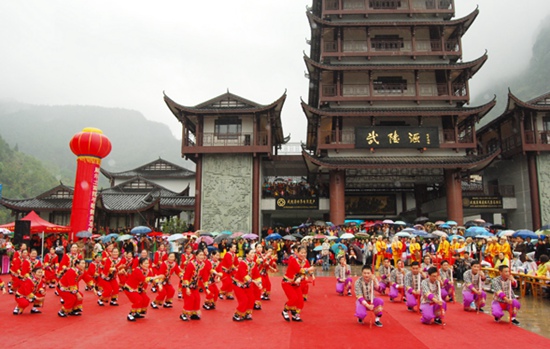The primitive religions of the Tujia people were quite miraculous in nature and were expressed in four ways; worship of nature, veneration of ancestors, adoration of totems and belief in the Tima.
Today, among the folk people of Zhangjiajie, primitive polytheistic religion is still prevalent, and there remains the notion that everything has its own spirit. The Tujia believe that all things in nature have their own attendant god: mountain god, water god, caves god, tree god, and so on. They worship nature and have special regard for the god who is in charge of the land.
The objects of ancestor worship can be divided into three categories: ancient ancestors, family ancestors, and chieftains of the primitive tribes. The Tujia minority regards the chieftains of the primitive tribes. The Tujia minority regards the chiefs of the eight tribes as their more recently- deceased family elders, as their ancient ancestors. They venerate these heroes, but also enshrine their more recently- deceased family elders, as these worshippers set up sacred altars and memorial tablets with their ancestors name and blessings inscribed on them. The so-called chieftains refer to the heads of the local governing institutions in this minority region, which were designated by the central government as local governors-men such as Hero Tian and Chief Qin Hou. Established since the days of the Yuan dynasty, the central government set up seven local institutions of this kind in order to effectively control the minority people in the Zhangjiajie region. The chieftains embodied the authority of the tribe, the local administration, and the religious beliefs of the people into one person. They became sort of local emperors, and in order to strengthen their rule over the inhabitants, they were also enshrined as gods. Nowadays, many temples and shrines exist in their honor among the numerous Tujia villages.
The special totem of the Tujia people is the white tiger. It is commonly reported that ba wuxiang, the first ancestor of Tujias, was upheld as the chief of the entire tribe in ancient times. As he was passing away, his spirit ascended to heaven and was transformed into a white tiger. Even since, the Tujia people have regarded this splendid animal as uniquely worthy of veneration. In fact, its form was engraved or painted on Tujia weapons of veneration. In fact, we can see traces of the white tiger everywhere in their daily life: its form was engraved or painted on Tujia weapons such as daggers, swords and spears in former days; now it is knitted on the childrens shoes and caps by their parents, and images of the white tiger are carved on the doors and doorframes of Tujia homes. It is especially noteworthy that the tiger which the Tujias worship is of two kinds: family tiger and evil tiger. Regarded as the family god, the former should be worshiped on all happy occasions. The evil tiger, on the other hand, is viewed as being outside the family and is considered and evil god. When the children get sick, for example, the family fears that they have offended him, and so they must call for a wizard to employ his magic to drive away the evil tiger.
TheTima, called tu lao shi by the Maio nationality, is the person charged with performing religious rites among the Tujia people. He is a wizard and corresponds to the more modern concept of clergyman. These men are regarded as the ones who intercede between the common people and the gods, and they perform two types of clerical functions: redeeming the vows made to the gods and driving away evil spirits, redeeming a vow refers to an expression of the Tujias gratitude to the god for the good fortune and family prosperity which mainly includes following ritual steps: settling the altar, asking for help from the wizards master, asking for help from god, etc. driving away the evil spirit means dispelling the harass of some bad fortune, which also in involved with following processes: asking gods help, sending out the ghosts, climbing the ladder of swords, when someone has encountered bad luck or suffered from poor health, he or she needs to ask the Tima to drive away the evil spirit. In addition to these two important actions, the Tima usually instructs and takes charge of wedding ceremonies and funerals; some wizards also function as a singer or doctor.
